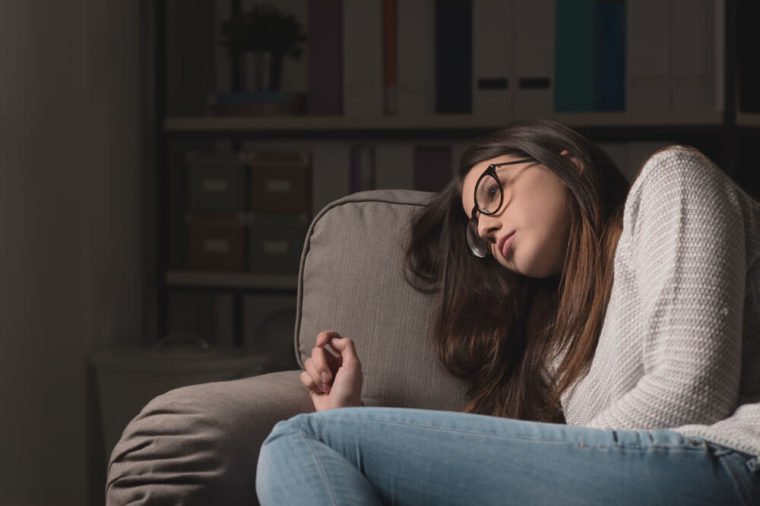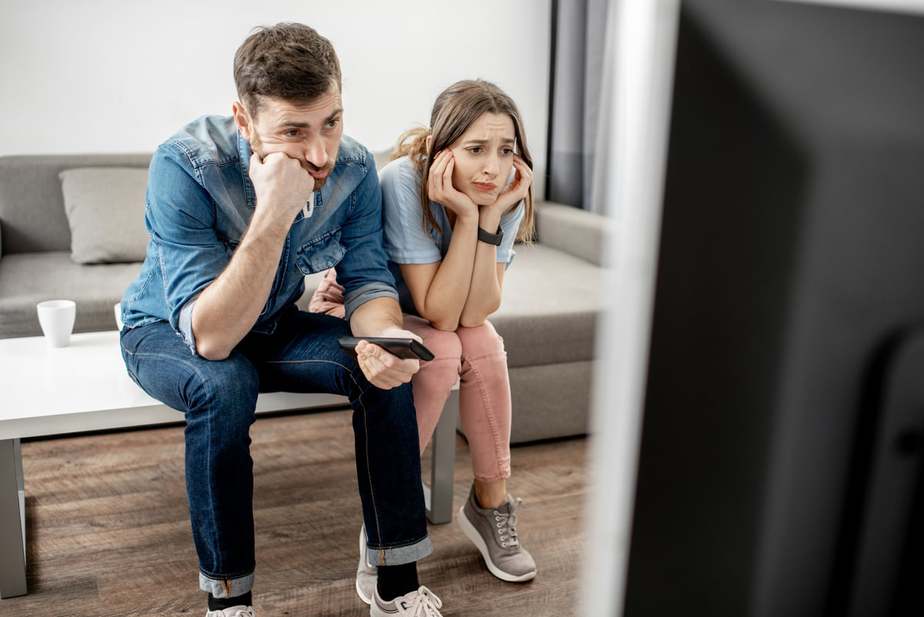As the coronavirus outbreak continues to dominate the world, people are being asked to adopt social distancing. Despite being the way to survive, however, it is not easy for many to stay-at-home all the time. The big question is, what to do under self-quarantine?
While people must stay indoors globally, it is increasingly vital that they pay more attention to their mental fitness
One aspect of this pandemic that has largely ignored is the devastating effects it is having on the mental health of many people.
However, Dr Kelly Vincent, a licensed clinical psychologist practicing in Encinitas, California said, “Pandemics such as the one we are currently grappling with often ignite fear, anxiety and erratic behaviors. When fear takes control, both our nervous system and emotional part of our brain go into overdrive. This response can lead to impulsiveness, panic and feeling out of control emotionally”.
Mental health consequences
Here are some of the most obvious mental health consequences of this pandemic that most of the people must be feeling these days.
- Anxiety and depression, exacerbated by uncertainty and reduced social contact, will almost certainly increase massively.
- Suicides, driven by feelings of hopelessness and social isolation, will likely increase significantly.
- Decreases in self-control will plague many, and social skills may deteriorate. Ability to plan for the future, as in any situation with high uncertainty and stress, will also be affected negatively.
- Dysfunctional behaviors of many will entrench themselves. Especially in the most vulnerable sectors of the population.



source: The Healthy
How to look after your mental health amid COVID-19 crisis?
If you are feeling any of the above issues, just know that you aren’t alone. If you’ve been anxious, frustrated, angry or downright confused lately, take a deep breath and relax first. And, follow these handy ways to improve your mental and emotional well-being.
Cut back news and social media intake
No news is good news. Customize your social media feeds by following more accounts and pages that make you feel good. If you spend a significant amount of time following the news, it reinforces more reasons to worry and thus creates a vicious cycle.



source: cratedwithlove
Trust reliable sources for news
Only trust some legitimate and reliable sources of COVID-19-related news and updates, for instance, the Centers for Disease Control and Prevention (CDC) and World Health Organization (WHO). Don’t believe in viral news, messages, and theories. It can negatively affect your mental health and increase the chances of depression and anxiety.
Plan ahead and create a routine
With the closures of businesses and schools, create a go-forward plan for you and your family. It will help keep your mind at ease. This could mean creating an at-home routine and schedule for remote work amid social distancing. “Emulate your life before COVID-19 to the best of your ability. Follow the same schedule of when you wake up, when you eat and when you go to sleep,” suggested the mental health specialist.
Stay connected with family and friends
Staying indoors doesn’t mean that you cut-off communication from friends and family. Maintaining social networks can foster a sense of normality and provide valuable outlets for sharing feelings and relieving stress. You can maintain these connections without getting the virus by talking on the phone, texting or chatting with people on social media platforms.
Also Read: Earth Takes A Break, Global Pollution Decreases During Covid-19 Spell
Breathe, meditate and exercise
Keeping an active routine through exercise and meditation are great ways to alleviate stress and anxiety. Deep breathing helps you regulate your emotions by activating your parasympathetic nervous system (PSNS) which helps slow the heart rate and restore the feeling of calm.
However, everyone reacts differently to stressful situations. How you respond to the outbreak can depend on your background, the things that make you different from other people and the community you live in.
Together, we can do this!
What do you think of the story? Tell us in the comments section below.















